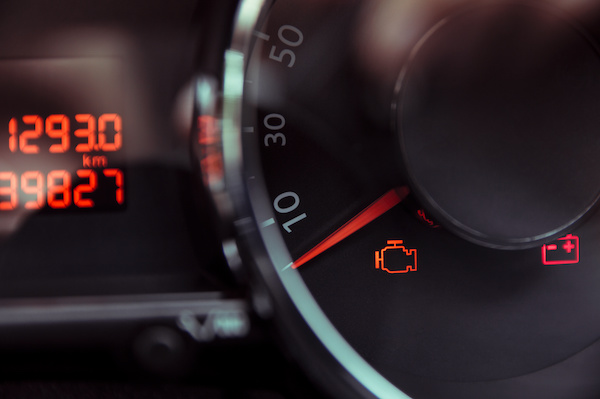If you’ve ever seen a vehicle with black smoke pouring out of its exhaust pipe, you know how concerning and frightening this can be. Or maybe you’ve been in an older vehicle when it sounds like the engine is suddenly ‘coughing’, causing the car to slow down and jerk. Either way, it is highly likely that both of these instances have been caused by an engine misfire.
What is an engine misfire?
An engine misfire occurs when a vehicle’s combustion reaction doesn’t work as it should, leaving your cylinder unfired. This could be down to a number of reasons, but can mainly be attributed to one of the three core elements to power an engine (fuel, oxygen, spark) not being present when they should, thus not allowing the cylinder to combust.
How can you tell if your engine is misfiring?
For someone not familiar with the inner workings of vehicles, it can be difficult to understand whether or not your engine has misfired. Tell-tale signs of an engine misfire can be if your engine momentarily stumbles for a second, causing you to lose speed. You may find that the misfire corrects itself and your car starts to regain speed again. While it can be tempting to forget about the mishap, it’s indicative that something is wrong with your car and that future misfires may occur if you don’t get your car checked out. Other tell-tale signs include sluggish acceleration, the engine sound not sounding right, and the ‘check engine’ light may illuminate.
What’s next?
If you find that your engine has misfired, you should get it seen as quickly as possible and remain off the roads to ensure you and others are safe. If the misfire occurs while you are out driving, drive as slowly and carefully as you can to our auto repair shop to have your car diagnosed. If you continue to drive after your engine misfires, you can cause serious damage to your engine.
If you’re in the market for BMW or MINI engine repair in West Palm Beach, FL we invite you to bring your vehicle to Motorhaus today!

 5.0 Rating on
5.0 Rating on 




